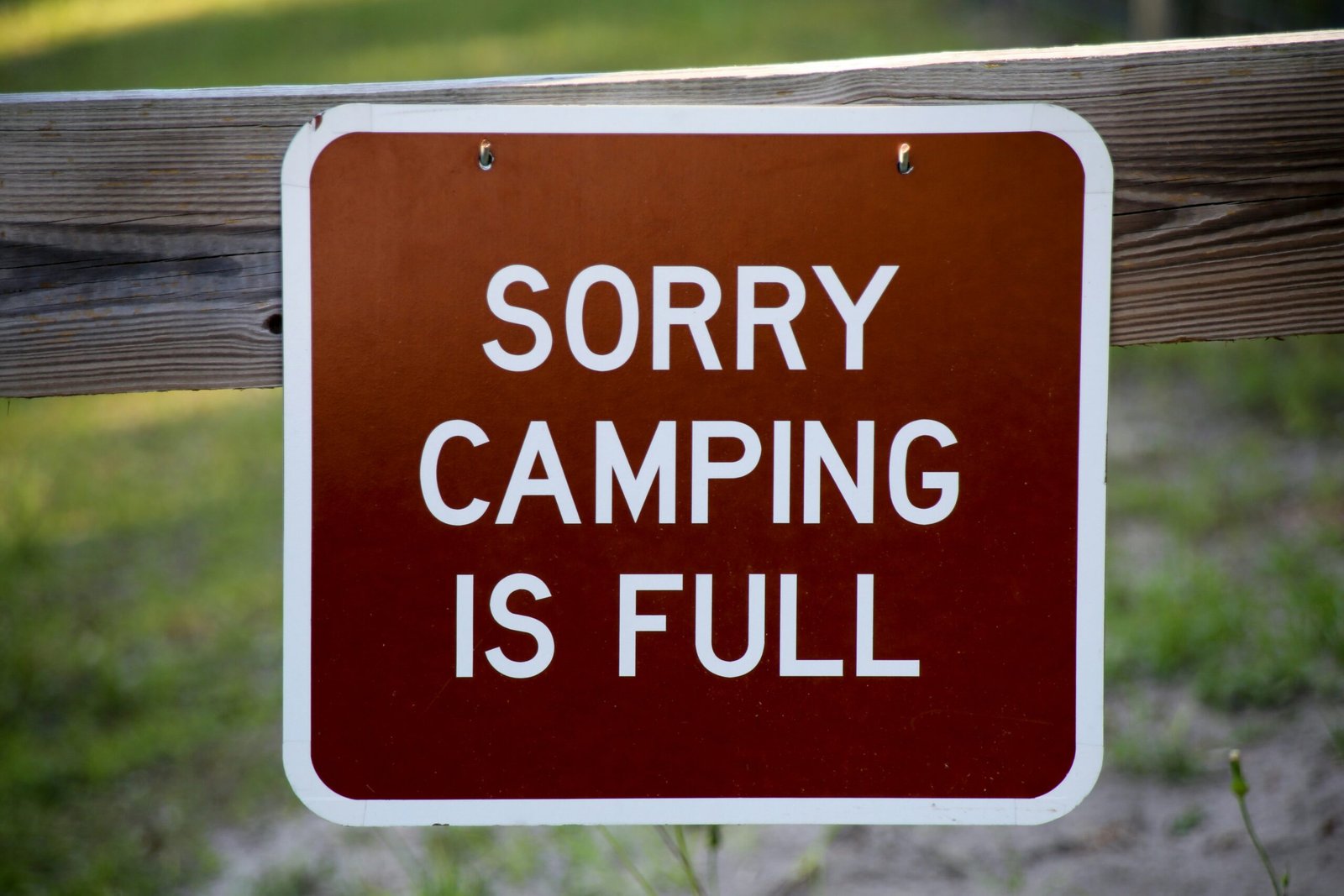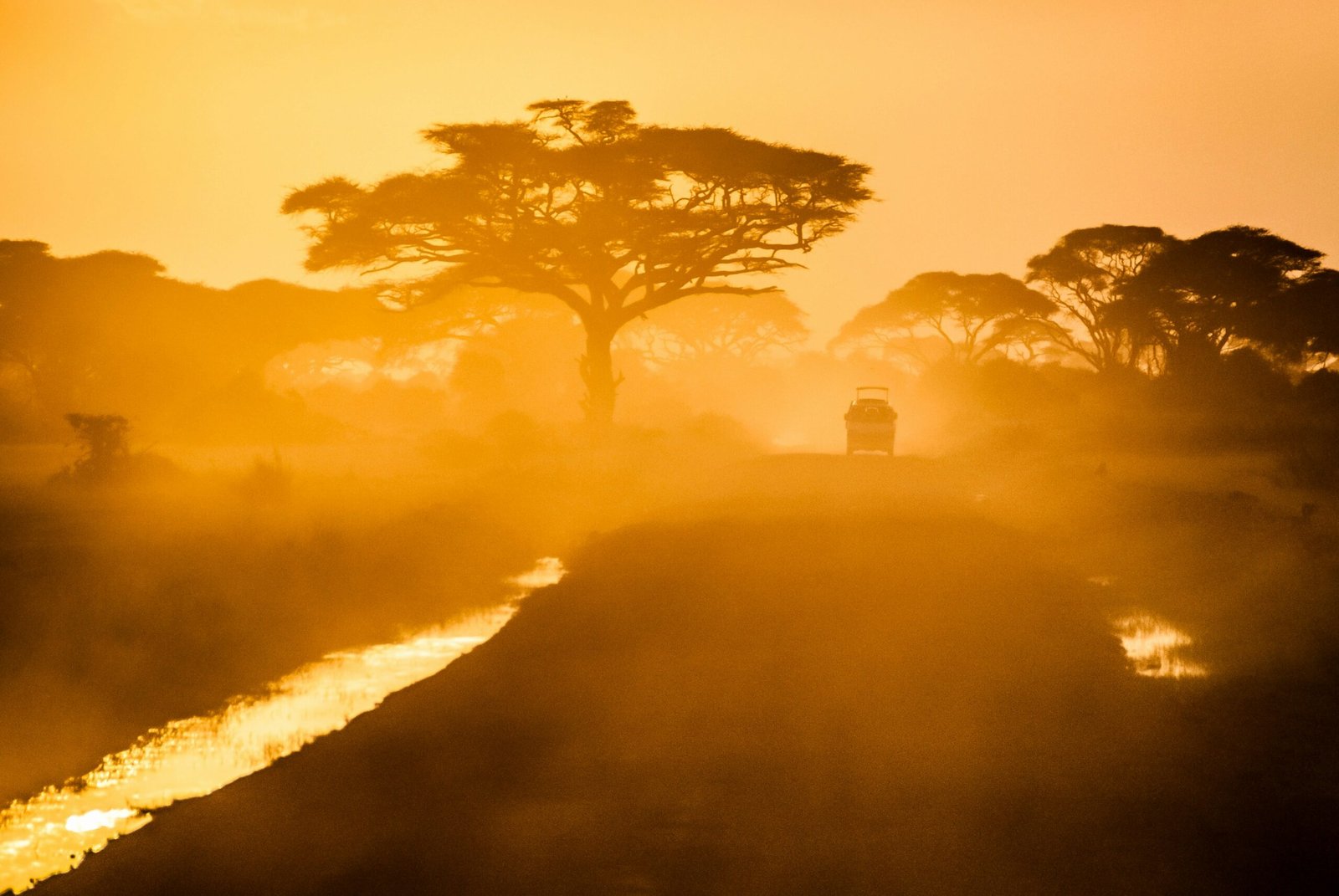
Introduction to Budget Travel in Southern Africa
Exploring Southern Africa on a budget is an enticing prospect for many travelers looking to experience the region’s rich cultural tapestry and breathtaking landscapes without breaking the bank. Zimbabwe, in particular, stands out as a prime destination for budget-conscious adventurers. The country offers a wealth of attractions, from the majestic Victoria Falls to the diverse wildlife in its national parks, all of which can be enjoyed at relatively low costs compared to other global tourist hotspots.
Traveling on a budget in Southern Africa involves careful planning and smart choices, but it is entirely feasible. According to recent statistics, the average daily cost for a budget traveler in Zimbabwe is around $30 to $50, including accommodation, meals, and transportation. This affordability extends to neighboring countries such as Zambia, Botswana, and South Africa, making the region an attractive option for budget travel enthusiasts.
Zimbabwe boasts unique attractions that cater to various interests. The unparalleled beauty of Victoria Falls, known locally as Mosi-oa-Tunya or “The Smoke That Thunders,” is a must-see. Additionally, the country’s national parks, such as Hwange and Mana Pools, offer budget-friendly safaris where travelers can witness the Big Five in their natural habitats. Beyond nature, Zimbabwe’s rich history and vibrant culture are accessible through affordable tours and local experiences.
While Southern Africa offers many opportunities for budget travel, there are challenges to consider. Infrastructure can vary significantly, with some areas lacking reliable public transportation or well-maintained roads. Safety is another consideration, particularly in urban centers, where travelers should remain vigilant. Furthermore, currency fluctuations and economic instability in some countries can affect travel costs and availability of services.
Despite these challenges, the rewards of budget travel in Southern Africa are immense. The region’s blend of stunning landscapes, diverse wildlife, and rich cultural experiences provides a compelling case for those looking to explore this part of the world without a hefty price tag. As we delve deeper into specific tips and recommendations, you’ll discover how to navigate these challenges and make the most of your budget travel adventure in Southern Africa.
Top Budget-Friendly Destinations in Zimbabwe and Southern Africa
Zimbabwe and its neighboring countries offer a plethora of budget-friendly destinations that cater to travelers looking to explore Southern Africa without breaking the bank. From majestic waterfalls to ancient ruins, these locations provide both popular and hidden gems that promise incredible experiences for frugal adventurers.
Starting in Zimbabwe, Victoria Falls is a must-visit. Known as one of the largest and most spectacular waterfalls in the world, Victoria Falls offers a range of affordable activities. Visitors can enjoy breathtaking views from the various viewpoints or take a stroll along the rainforest trails. For those looking to save, consider visiting during the off-peak season when accommodation and tour prices are lower.
Next, Matobo National Park is renowned for its unique rock formations and rich history. This UNESCO World Heritage site is home to ancient rock art and the resting place of Cecil Rhodes. Budget travelers can camp within the park or stay in nearby lodges that offer affordable rates. Exploring the park’s trails can be a low-cost yet rewarding experience, providing opportunities to spot wildlife and soak in the stunning landscapes.
The historical site of Great Zimbabwe is another highlight. As the largest ancient stone structure south of the Sahara, it offers a fascinating glimpse into the region’s past. Entrance fees are minimal, and guided tours are reasonably priced, making it an ideal spot for those keen on history and archaeology.
Heading into neighboring countries, South Africa boasts the picturesque Drakensberg Mountains. This destination is perfect for hiking and camping enthusiasts, with many trails and campsites available at low cost. Additionally, exploring the numerous free entry points in the mountain range can be an excellent way to enjoy the natural beauty without spending much.
In Botswana, the Okavango Delta offers budget-friendly safari experiences. While luxury lodges can be costly, budget travelers can opt for mobile camping safaris or day trips that provide a more affordable way to experience the delta’s wildlife and unique ecosystem.
Lastly, Namibia’s Etosha National Park is a haven for wildlife enthusiasts. The park’s entrance fees are relatively low, and self-drive safaris allow visitors to explore at their own pace without the need for expensive guided tours. Camping within the park is also a cost-effective accommodation option.
These destinations not only offer remarkable sights and experiences but also various ways to save money. From camping and self-guided tours to visiting during the off-peak season, budget travelers can enjoy all that Zimbabwe and Southern Africa have to offer without compromising on the quality of their journey.
Budget Travel Tips and Tricks
Traveling through Zimbabwe and Southern Africa on a budget is not only feasible but can also offer a richer, more authentic experience. When it comes to finding affordable accommodation, options such as hostels, guesthouses, and camping are readily available. Hostels provide a communal atmosphere and lower rates, while guesthouses often offer a more personal touch at reasonable prices. For those who enjoy the outdoors, camping can be an economical and immersive way to experience the natural beauty of the region.
Eating cheaply is another key component of budget travel. Street food and local markets are excellent choices for tasting regional cuisine without straining your wallet. Budget-friendly restaurants also exist in most urban centers, offering delicious meals at a fraction of the cost of high-end establishments. Additionally, self-catering can be a practical option; purchasing fresh ingredients from local markets and preparing your own meals can save a significant amount of money over the course of your trip.
Transportation costs can add up quickly, so finding cost-effective methods is essential. Buses are a popular and affordable way to travel between cities and towns, while shared taxis can be a budget-friendly option for shorter distances. Hitchhiking, though more adventurous, is also commonly practiced in some areas and can be a free way to cover ground if approached with caution and safety in mind.
Planning and booking budget-friendly tours and activities require a bit of research. Look for local operators who offer group discounts or off-peak rates. Travel apps and websites can be invaluable tools for finding deals and comparing prices. Furthermore, negotiating prices is often acceptable and can lead to substantial savings, particularly in markets and for services like guided tours.
Finally, consider traveling during the off-season when prices for accommodation, flights, and tours can be significantly lower. Not only will this save money, but it will also provide a more relaxed travel experience with fewer crowds. By employing these budget travel tips and tricks, you can explore Zimbabwe and Southern Africa without breaking the bank.
Challenges and How to Overcome Them
Traveling on a budget in Zimbabwe and Southern Africa presents unique challenges that require careful planning and an informed approach. Safety concerns are paramount, with personal safety, travel scams, and health risks being top priorities for any traveler. To mitigate these risks, it is crucial to stay informed about the areas you plan to visit. Researching local safety advisories, staying in well-reviewed accommodations, and avoiding isolated areas can significantly reduce personal safety risks. Additionally, be wary of common travel scams; always verify the legitimacy of offers and avoid sharing personal information with strangers.
Health risks, such as malaria and waterborne diseases, are also prevalent in some regions. Travelers should consult healthcare providers for recommended vaccinations and carry necessary medications, including anti-malarial pills. Utilizing water purification methods and consuming bottled water can help avoid gastrointestinal issues. Emergency contact numbers and the locations of nearby medical facilities should be noted before embarking on each leg of the journey.
Logistical challenges, including border crossings, currency exchange, and language barriers, can complicate travel plans. For smoother border crossings, ensure that all travel documents are in order and be familiar with the visa requirements of each country. Currency exchange can be simplified by using widely accepted US dollars or South African rand, which are often easier to exchange and more stable than local currencies. Language barriers can be navigated by learning basic phrases in the local languages and utilizing translation apps to facilitate communication.
Cultural misunderstandings can also pose challenges for budget travelers. Respecting local customs and traditions is essential to fostering positive interactions. This includes understanding appropriate dress codes, greeting customs, and social norms. Engaging with locals respectfully and showing genuine interest in their culture can enhance the travel experience and reduce the likelihood of misunderstandings.
Experienced travelers recommend utilizing resources such as travel forums, guidebooks, and apps to stay informed and connected. Platforms like TripAdvisor, Lonely Planet, and local travel blogs offer valuable insights and real-time advice from fellow travelers. By leveraging these resources and adopting a proactive approach to common challenges, budget travelers can navigate Zimbabwe and Southern Africa more effectively, ensuring a safer and more enjoyable journey.

